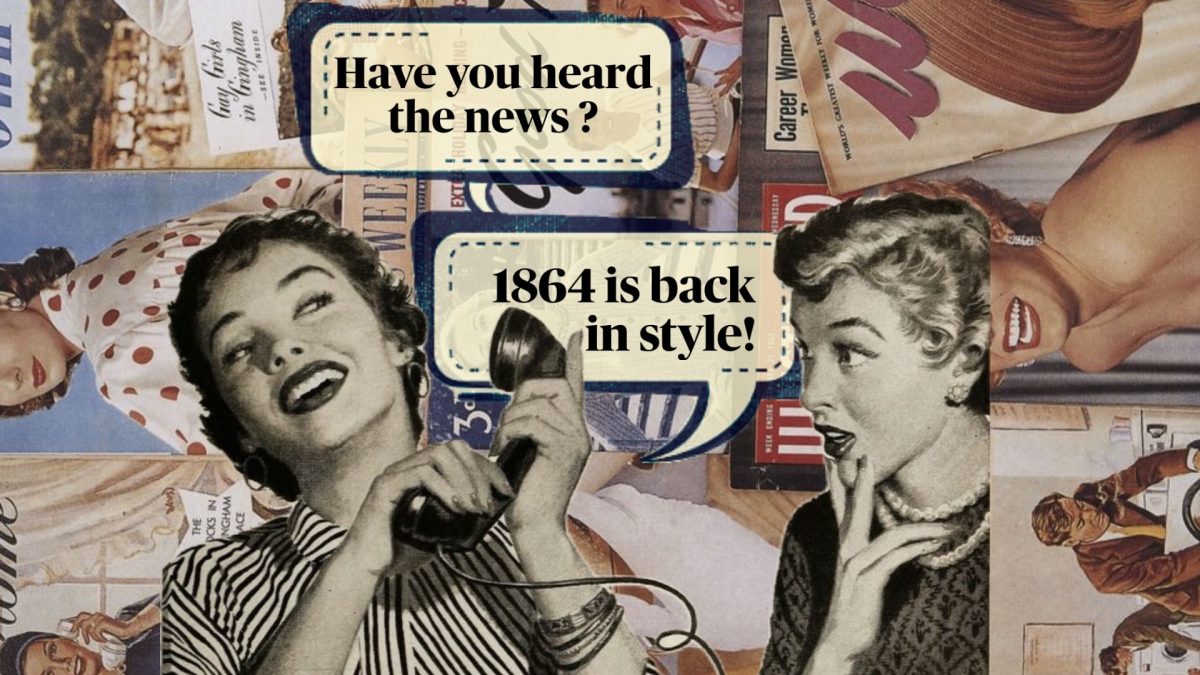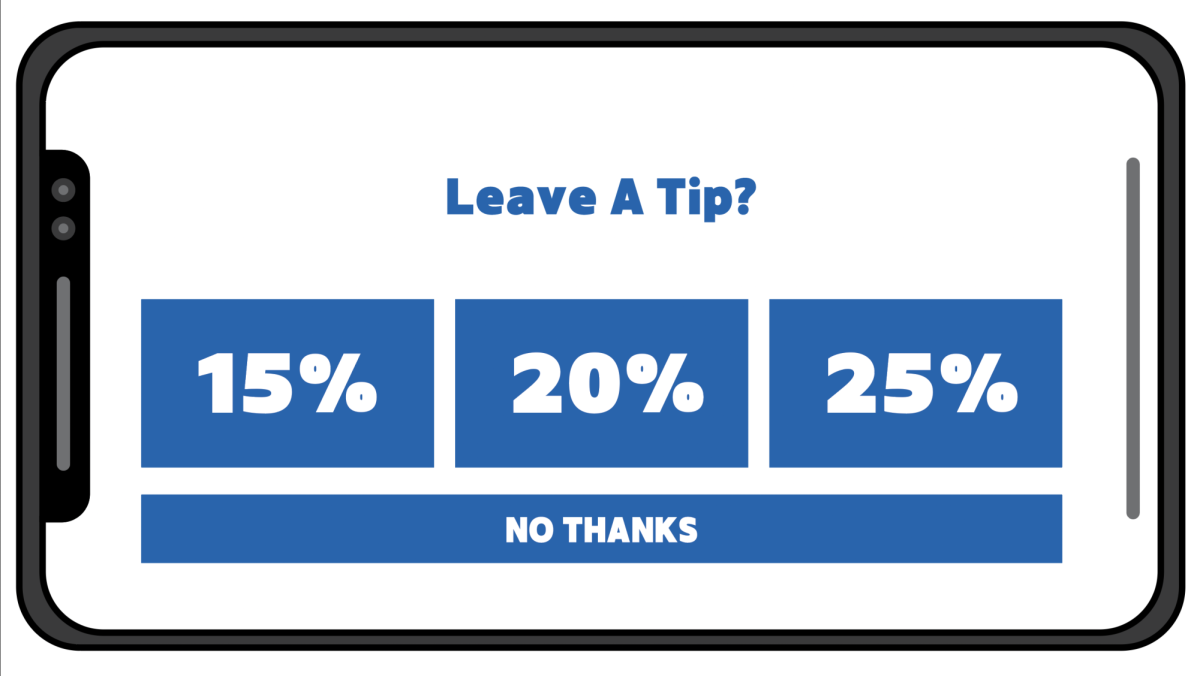Mental illness is not often taken seriously, even by those who have the power to influence change. Filmmakers, celebrities and power figures alike could do a better job at advocating for those suffering.
Last month, Netflix released its much-anticipated series, an adaptation of Jay Asher’s young adult novel, “Thirteen Reasons Why.” The overarching message of the show, how words and actions can deeply impact someone’s mental health, is portrayed through a teenage boy, Clay Jensen, who finds a box of mysterious cassette tapes left at his doorstep. The tapes were left behind by his classmate and crush, Hannah Baker, who committed suicide a few weeks earlier. On the tapes, Hannah recorded the thirteen reasons why she decided to end her life.
Although the creators tried to stay true to the original novel and message, the show lacks any realistic depiction of the young woman’s downward spiral resulting in suicide.
The way the show addressed mental illness reflects the stigmas toward the subject. Not once is depression or anxiety mentioned throughout the Netflix series, while in a few scenes hinted at it, the show never delved into the topic of mental health, but danced around it.
Within the series, Baker hardly conveyed symptoms of depression. People with suicidal ideation and severe depressive disorder often cannot get out of bed and experience drastic changes in their sleeping patterns, appetite and hygiene habits; Baker showed none of these symptoms.
A few episodes hint at a possible mental illness for Jensen, but again, it is easily forgotten and not addressed again in the series. The only sign of mental illness in Baker was one episode in which her grades were beginning to slip.
Instead of characterizing Baker’s mental decline, she was constantly berated by her classmates as being too emotional, dramatic and asking for attention. While that is certainly a stereotype for people with depression, the show focused solely on and could have spent more time focusing on Baker when she was alone.
In the very last episode, the guidance counselor, Mr. Porter, said, “We don’t know what was in her mind or in her heart.” Perhaps this was the writer’s way of showing the audience that a mental disability is not something you can physically see, and there is shame associated with it.
We mostly saw Baker when she was interacting with her classmates and family, however, throughout the series, she was incredibly secretive about her emotions. So what about when she was alone? Was she taking care of herself? Was she eating? Was she sleeping at night?
Many of the side effects of depression happen when no one is around.
Baker’s suicide became a blame game of whose tape was worse, for example, “Have you heard YOUR tape yet?” was a line spit out by just about every character.
This way of giving reason as to why Baker killed herself is a repulsive simplification of a complex mental illness. I think “Thirteen Reasons Why” phenomenally depicted controversial topics into scenes such as rape and homophobia, but for its main priority of encapsulating mental illness for all that it is, fell short.








